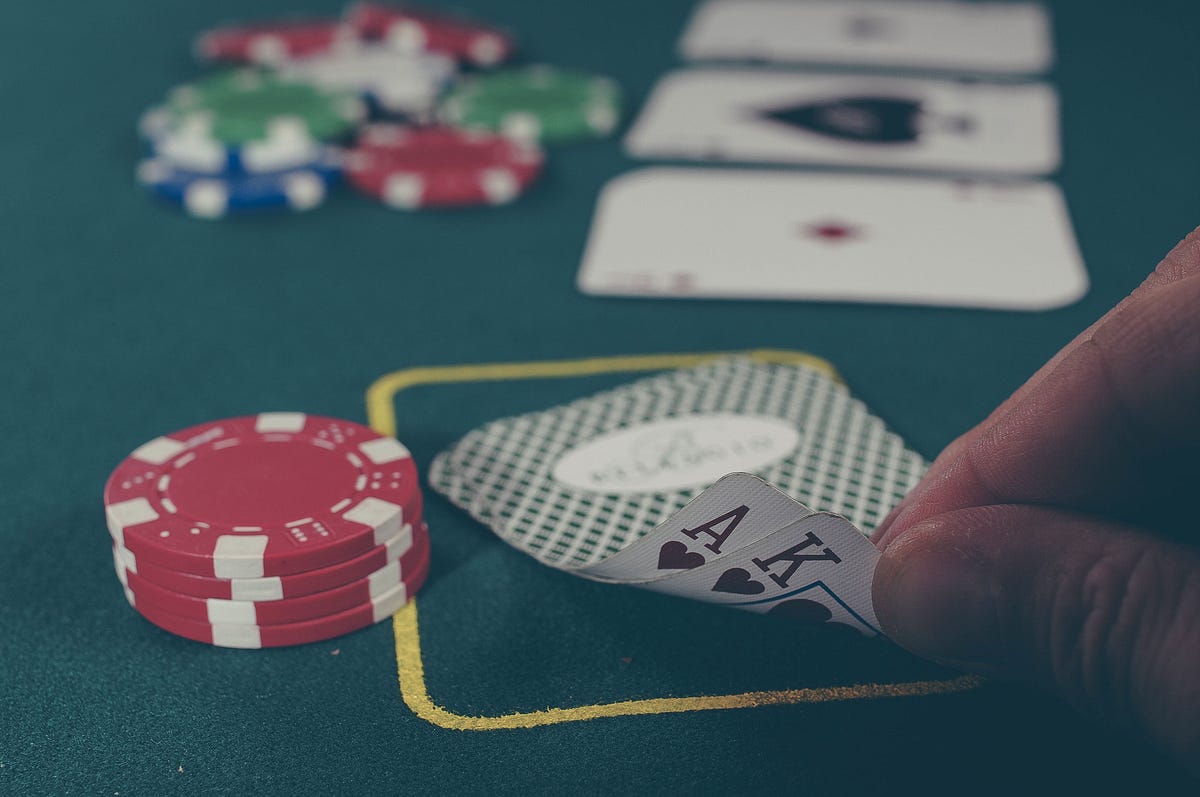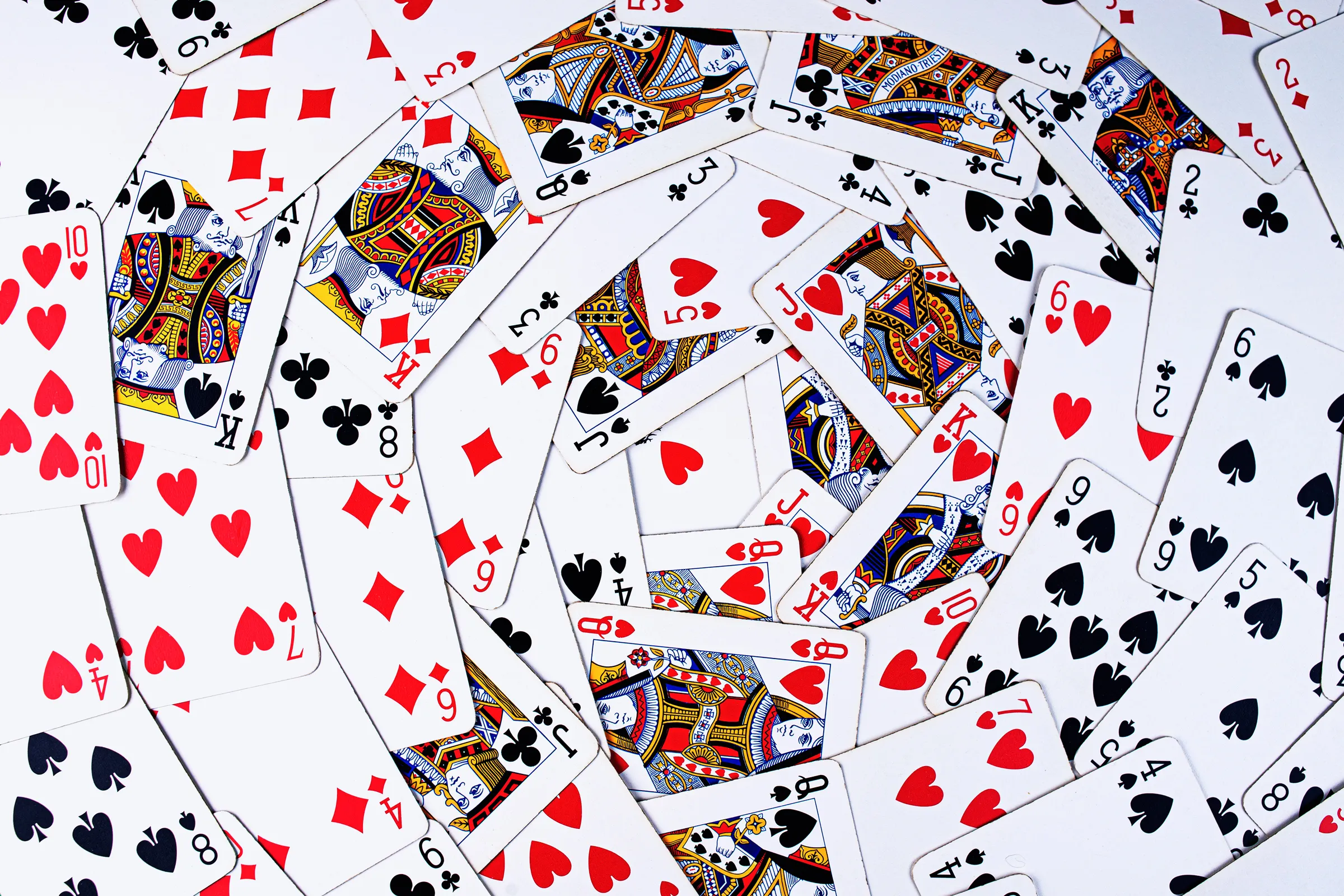
Gambling, be it card amusements, roulette or slot machines, has always been an integral part of entertainment culture.Spanning across various civilizations and historical epochs, the act of wagering has transcended mere monetary transactions, evolving into a dynamic form of leisure and social engagement.
However, unlike simple luck, winning at National casino can only be achieved with a carefully developed strategy and, more importantly, taking into account the psychological aspects of the gambling process.
In this article, we will look at how intelligence and intuition can be key factors in achieving success in the world of gambling entertainment.
Table of Contents
The importance of psychology in achieving success in gambling

Source: medium.com
The very concept of gambling is often associated with luck, but the art of winning gambling involves much more than just random events. The player’s emotional state, ability to control stress and make rational decisions play a key role in achieving positive outcomes.
The role of emotions in gambling
Emotions, such as elation at winning or disappointment after failure, have a significant impact on decision-making during gambling. The ability to manage one’s emotions, is an important aspect of the psychology of gambling. Dissatisfaction or excessive enthusiasm can lead to ill-considered moves, affecting the outcome and leading to losses.
The dangers of dissatisfaction and frustration
One of the main challenges for a player is the ability to deal with dissatisfaction and disappointment after a loss. Reactions to defeat can affect subsequent decisions, affecting the level of gambling urge and the ability to assess risk. Psychological resilience becomes integral to a successful approach to gambling.
Foundations of the psychology of gambling
Gambling, being an area where luck and strategy interact, becomes a real testing ground for experimentation with human emotions. Delight at luck and disappointment at failure can quickly develop into an emotional background that affects the decision-making ability of the game. Recognising this factor is the first step to creating a sustainable strategy.
The dangers of psychological instability
Failure to gamble often entails a sense of frustration and a desire to quickly recover lost funds. This state, known as ‘chasing losses’, can lead to risky decisions and additional losses. A player’s psychological resilience lies in the ability to recognise emotions and prevent them from dominating decision making.
Techniques for coping with stress during play
One of the key aspects of successful emotion management in gambling is the ability to cope with stress. Breathing exercises, meditation and psychological techniques can help to reduce stress levels during gambling, providing the player with the mental clarity to make informed decisions.
Relaxation techniques to maintain concentration
Maintaining a high level of concentration is essential for successful play. Relaxation techniques such as deep breathing and visualising success help to maintain a calm and clear mind, which in turn influences informed decision making in critical situations.
Apply psychological strategies to specific games

Source: wired.com
Strategies for playing cards, roulette and other popular gambling games
- Strategies for card games. Games of cards, such as poker or blackjack, require not only mathematical calculation but also an understanding of the psychology of opponents. The ability to read gestures, facial expressions and other non-verbal cues can be the key to winning. Psychological strategy involves creating deception, being able to control your emotions and analysing your opponents’ possible moves.
- Strategies for roulette games. In roulette, where the element of chance is significant, psychological strategies are also important. Realising that each spin of the wheel is independent of previous spins helps to avoid the pitfalls of thinking about ‘hot’ or ‘cold’ numbers. Controlling emotions during betting and knowing how to make moderate decisions when playing roulette become important components of strategy.
- Examples of success stories of players using a psychological approach. Looking at success stories of players who have been able to apply psychological strategies to specific games can provide valuable lessons. Analysing their decisions, approaches to deposit management and emotional resilience can serve as inspiration for other players.
Summary
It is important to emphasise that successful strategy involves not only knowledge of the technical aspects of games, but also the development of personal skills. Emotional resilience, analytical thinking, conscious risk-taking and deposit management skills are all factors that form the basis for long-term success.
We recommend actively learning and improving your gambling skills. Experimenting with psychological strategies, studying the experience of successful players and constantly developing your own skills will help you create a unique, effective approach to the world of gambling entertainment.







